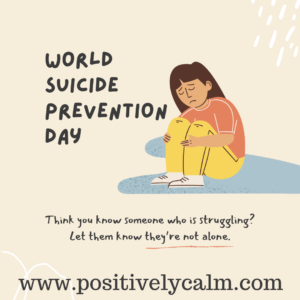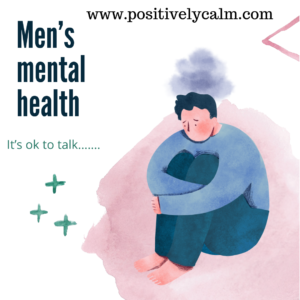Hypnotherapy discount for emergency service and care workers

In the fast-paced and high-stakes world of emergency services, the mental and emotional well-being of personnel is often overlooked. It is because of this that I give hypnotherapy discount to emergency service and care workers. The daily challenges faced by those on the front lines can take a toll on their mental health, leading to stress, anxiety, and even post-traumatic stress disorder (PTSD).
I’d like to shed light on the potential benefits of hypnotherapy for emergency service staff and advocate for the importance of offering them discounts to make this valuable resource more accessible.
The Demands of Emergency Service Work:
Emergency service professionals, including firefighters, paramedics, police officers, and dispatchers, encounter intense and often traumatic situations regularly. The nature of their work exposes them to high levels of stress, leading to potential long-term mental health challenges. It’s crucial to recognize the emotional toll these experiences can have and provide effective avenues for coping and healing.
Hypnotherapy is a valuable tool for mental health:
Hypnotherapy is a therapeutic technique that utilises guided relaxation, intense concentration, and focused attention to achieve a heightened state of awareness. Contrary to common misconceptions, hypnotherapy is not about losing control but rather gaining better control over one’s thoughts and emotions. For emergency service staff, this modality can be particularly beneficial in addressing various mental health concerns, including:
- Stress Reduction: Hypnotherapy can help individuals manage stress more effectively, providing techniques to induce a state of deep relaxation and mental calmness.
- Trauma Processing: Emergency service personnel often witness traumatic events. Hypnotherapy can aid in processing and reprogramming the emotional responses associated with these experiences.
- Improved Sleep: Sleep disturbances are common among those in high-stress professions. Hypnotherapy can promote better sleep patterns, contributing to overall mental well-being.
- Anxiety Management: Emergency service work can trigger anxiety, and hypnotherapy offers tools to manage and alleviate these feelings through guided relaxation and visualisation.
This is why I believe it is important for emergency services staff to have access to hypnotherapy.
Emergency service staff discounts:
Offering discounts on hypnotherapy services for emergency service staff and carers is a tangible way to show appreciation for their dedication and acknowledge the unique challenges they face. Here’s why I believe this is essential:
- Financial Accessibility: Emergency service professionals often operate on tight budgets. Discounts make mental health support more financially feasible, encouraging individuals to seek help without the burden of excessive costs.
- Recognition of Sacrifice: Emergency service staff sacrifice their well-being for the safety and security of the community. Offering discounts is a gesture that recognises and honors their commitment.
- Breaking Stigma: By providing discounts, we contribute to breaking down the stigma surrounding mental health care. It sends a powerful message that seeking help is not only encouraged but also supported.
Without the NHS I would not be here now and it is important to me to appreciate the heroes working in emergency services and the care industry. Recognising the importance of their mental health and advocating for accessible resources like hypnotherapy is a small yet impactful step toward creating a healthier and more resilient emergency service community.
As well as hypnotherapy I also offer other mental health services including BWRT (Brain Working Recursive Therapy), EFT (Emotional Freedom Technique) and EFT – Matrix RE-imprinting.




